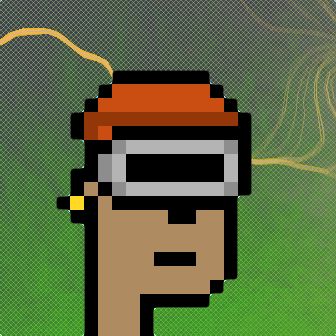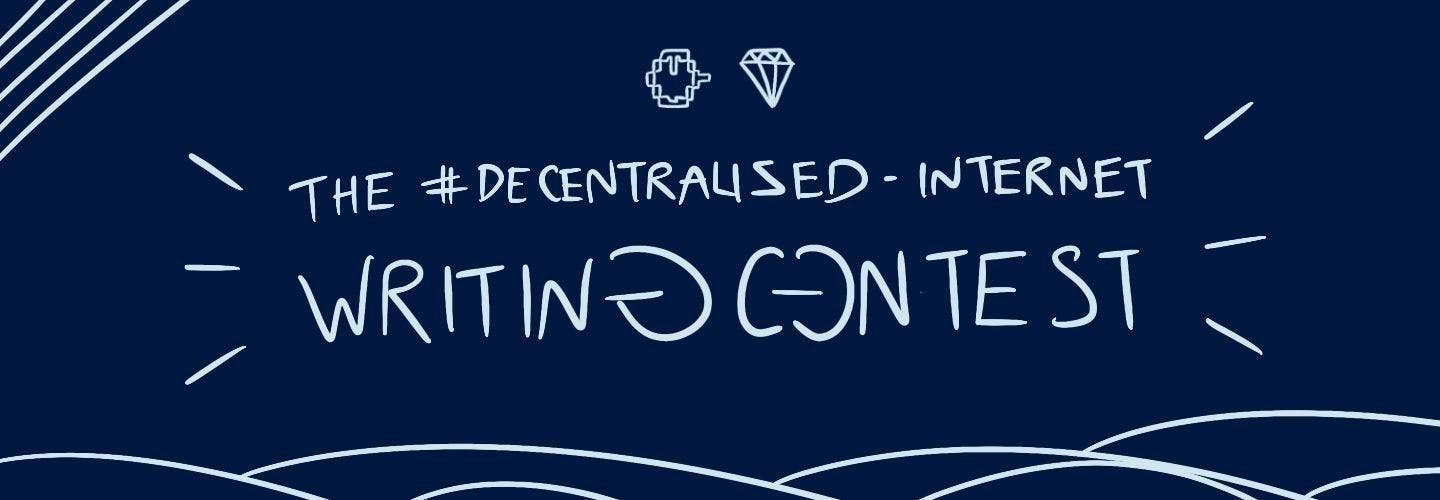'Using Public Infrastructure to Handle Ownership Rights': Interview with Sillytuna
by
February 11th, 2022
Audio Presented by

@SoulcastNFT, @SplootNFT, Clodhoppers @ClaymaticGames, Ex-alien Cryptopunk #9839, CloneX, BAYC, Meebits, Eufloria.
About Author
@SoulcastNFT, @SplootNFT, Clodhoppers @ClaymaticGames, Ex-alien Cryptopunk #9839, CloneX, BAYC, Meebits, Eufloria.
